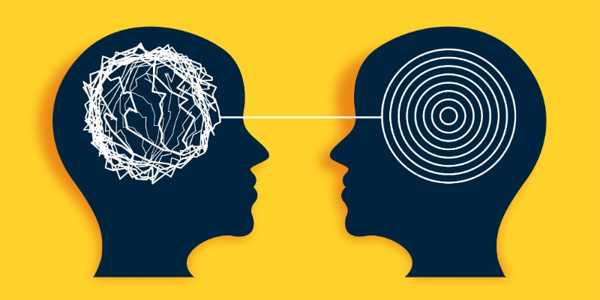9 Essential Tips for Booking Your Destination Wedding Flights
Tips and Tricks to Get A Discount in Disney
Top IKEA Kitchen Designs to Inspire Your Next Remodel
How to Use an Air Fryer? Tips and Instructions for Beginners
Boost Your Motivation: 7 Simple Hacks to Stay Inspired
What Is The Spoon Theory? How Many Spoons Do You Have?
Exploring HIV Treatment Options: Medications, Management, and Support Systems
HIV, or Human Immunodeficiency Virus, is a condition that weakens the immune system, leaving individuals vulnerable to infections. Although there is no cure for HIV yet, advancements in HIV treatments have made it possible for individuals to live long, healthy lives. This article explores the various treatment options available, how they work, and the important factors to consider when managing HIV.
HIV, or Human Immunodeficiency Virus, is a condition that weakens the immune system, leaving individuals vulnerable to infections. Although there is no cure for HIV yet, advancements in HIV treatments have made it possible for individuals to live long, healthy lives. This article explores the various treatment options available, how they work, and the important factors to consider when managing HIV.

What Are HIV Medications?
HIV medications are primarily part of antiretroviral therapy (ART). ART is the cornerstone of HIV treatment, focusing on suppressing the virus and preventing the immune system from deteriorating. The goal of ART is to reduce the viral load in the bloodstream to undetectable levels, which not only improves health but also makes it impossible to transmit HIV to others.
The most commonly used classes of antiretroviral drugs include:
· NRTIs (Nucleoside Reverse Transcriptase Inhibitors)
These block the enzyme reverse transcriptase, which HIV needs to replicate. Examples are tenofovir (TDF) and emtricitabine (FTC).
· NNRTIs (Non-nucleoside Reverse Transcriptase Inhibitors)
These work by binding directly to reverse transcriptase, halting HIV replication. Efavirenz (EFV) and rilpivirine (RPV) are commonly used NNRTIs.
· PIs (Protease Inhibitors)
These drugs prevent the enzyme protease from helping HIV mature into infectious particles. Examples include darunavir (DRV) and atazanavir (ATV).
· Integrase Inhibitors
These medications stop HIV from integrating its genetic material into the host’s DNA. Popular drugs include bictegravir (BIC) and elvitegravir (EVG).
The specific medication regimen chosen depends on the person’s health condition, lifestyle, and the type of HIV they have.
Effectiveness of HIV Medications
Modern HIV medications have revolutionized the treatment of the virus. With adherence to ART, people living with HIV can achieve undetectable viral loads, meaning they no longer transmit HIV to others through sexual contact, a concept known as U=U (Undetectable = Untransmittable). Thanks to ART, many people with HIV now live nearly as long as those without the virus.
In addition to daily pills, long-acting injectables like cabotegravir provide patients with the flexibility of a few doses per year. These advancements offer more choices for individuals in managing their treatment.
Possible Side Effects of HIV Medications
While HIV medications are effective, they can cause side effects. These may include:
· Nausea
This is common when starting a new medication.
· Fatigue
Many people experience tiredness as their body adjusts to the new medication.
· Digestive Issues
Diarrhea is a frequent complaint.
· Skin Reactions
Some medications may cause rashes or other skin issues.
· Long-term health concerns
Certain medications can cause metabolic issues such as increased cholesterol or liver problems.
It’s important to work closely with healthcare providers to manage side effects and adjust treatment if needed.
Challenges with Medication Access
Access to HIV medications is not always easy. In the United States, insurance coverage can be limited, and medications can be expensive. Many people living with HIV are forced to navigate complex healthcare systems or rely on community health centers for support.
However, there are assistance programs available from pharmaceutical companies and non-profits to help people afford treatment. Advocacy for better healthcare access continues, aiming for more affordable and accessible treatments for everyone, regardless of their financial situation.
Living with HIV: Support and Resources
Living with HIV goes beyond medication; it involves emotional support, education, and peer connections. Numerous organizations offer resources, from support groups to health education initiatives, to help individuals with HIV live fulfilling lives.
Stigma reduction is key to improving mental health for those living with HIV. Continued advocacy and open dialogue are essential in creating a more supportive environment. As research continues to advance, the future outlook for those living with HIV remains positive, with more treatment options on the horizon.











